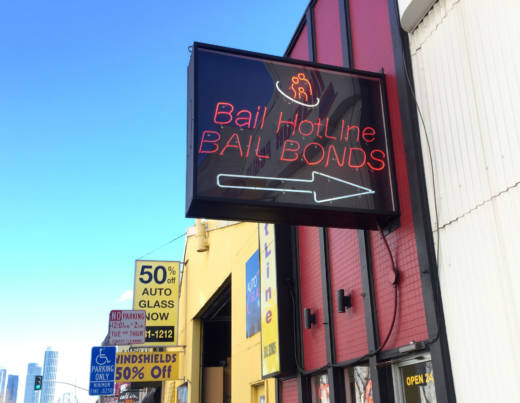California will become the first state in the nation to completely end cash bail after Gov. Jerry Brown signed a sweeping reform bill Tuesday. It will give judges far more power over who gets released from jail as they await trial.
“Today, California reforms its bail system so that rich and poor alike are treated fairly," Brown said, in announcing his signature on a bill that took nearly two years to pass. It will take effect in October 2019.
Under Senate Bill 10, Californians arrested and charged with a crime won't be given the option of putting up money or borrowing it from a bail bond agent. Instead, county courts will use risk assessment tools to help judges determine if a defendant can be safety released before trial.
Those risk assessment tools would determine if a defendant poses a low, medium or high risk based on whether they pose a danger to public safety and whether they’re likely to show up in court.
Nearly all misdemeanor defendants would be automatically released after they are booked.

